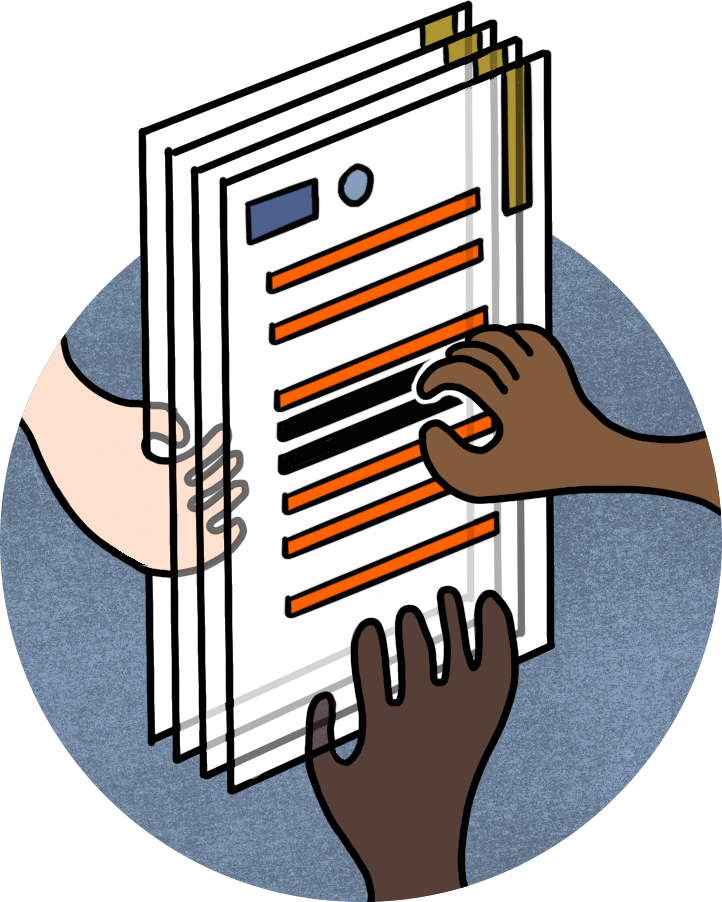The National School Lunch Program (NSLP) is a federally assisted meal program operating in public and nonprofit private schools and residential child care institutions. It provides nutritionally balanced, low-cost or no-cost lunches to children each school day. The program was established under the Richard B. Russell National School Lunch Act, signed into law by President Harry Truman in 1946.
The NSLP is generally operated by public or non-profit private schools. Public or non-profit private residential child care institutions may also participate in the NSLP, and charter schools may participate in the NSLP as public schools. School districts and independent schools that choose to participate in the Program must serve lunches that meet Federal meal pattern requirements and offer the lunches at a free or reduced price to eligible children. School food authorities can also be reimbursed for snacks served to children who participate in an approved afterschool program including an educational or enrichment activity.
All school meals must meet Federal nutrition requirements, though decisions about the specific foods to serve and how the foods are prepared are made by local school food authorities
The USDA income eligibility guidelines for school meals are intended to direct benefits to those children most in need. These guidelines are based on the federal income poverty guidelines and are revised annually. The eligibility criteria is 130% of the income poverty guidelines for free and 185% for reduced-price meals.
School Year 25-26 Community Eligibility Provision Data
Administrative Review Results






